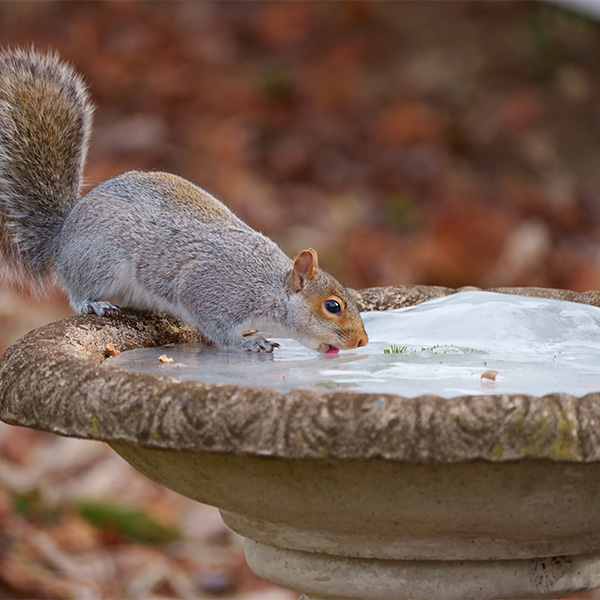December Wildlife Guide
Helping you learn on how to care for your local wildlife.
Wild Birds
Feeding wild birds in winter makes all the difference to various species survival, some thrive during the winter months, whereas some may find the month of December particularly difficult.
Many may find it more difficult to find their normal foods such as berries during winter, but you can help them stay strong by leaving out extra food for them! From seeds to fat balls, you can ensure that your local wild bird population has access to food throughout winter.
In preparation for the coming months, you can begin to place bird boxes around your garden to ensure you can see wildlife thrive and new birds born in the coming months, even setting up wild life cameras in time for the breeding season and to capture new younglings exploring the world in the months to come.
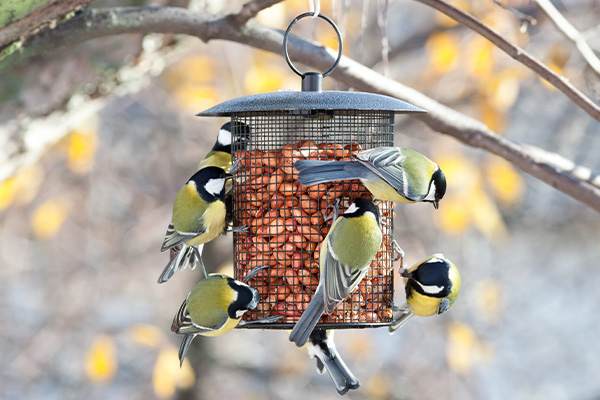
Mammals
December can be a month of severe weather changes and temperature drops, and with a few mammals that do not hibernate over the winter period it is always handy to know what you can do to help their populations survive through these months.
The mammals which do hibernate over the winter months may find refuge in your garden in the form of bonfire heaps, wood piles and leaf piles, so carefully check these areas before you light them or begin to disturb them as they enjoy hibernating in these cosy spots.
Badgers don’t hibernate over the winter months, but they do try to sleep through severe weather and temperature drops when they can! During these temperature drops the ground becomes frozen and difficult to penetrate, meaning badgers will struggle during this time to eat their favourite and more common foods such as earthworms.
If you are aware of badgers in your area and are keen to help them survive through these weather changes, this species would greatly appreciate a helping of lightly cooked meats, cheese, peanuts and fruit to keep their bellies full!
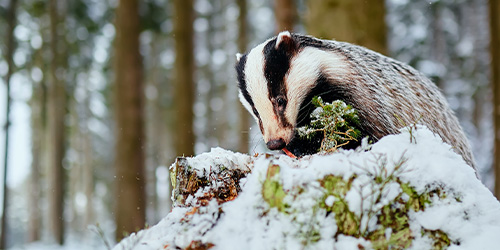
Frozen Water Sources
When the frost comes over, you’ll undoubtedly find your bird baths frozen over, its essential not to use antifreeze or salt to thaw frozen ponds, bird baths or any water container left out for wild animals. Many people tend to use a heated cup or pan to melt through the ice to give the wild birds access to fresh water and to release toxins for those living in the water.
Toxic gases can build up in frozen ponds, resulting fatalities among fish and frogs that may be hidden within the ponds depths, so if you have a wild life pond in your garden be sure to check it regularly during the colder days.
If you do find that your pond has frozen over, carefully place a saucepan of hot water on the surface to melt a hole, for smaller water sources such as bird baths you may want to opt for a cup instead of a pan. Refrain from tipping hot water onto the ice or using force as it could result in harm to your wildlife in the pond at the time.
